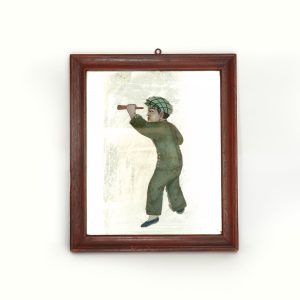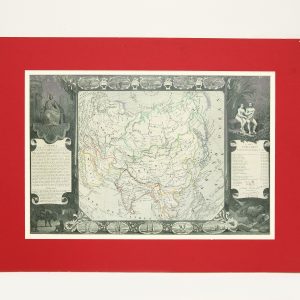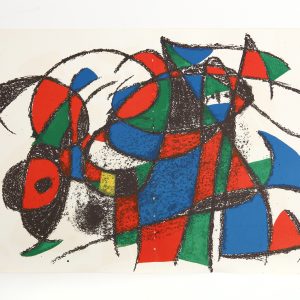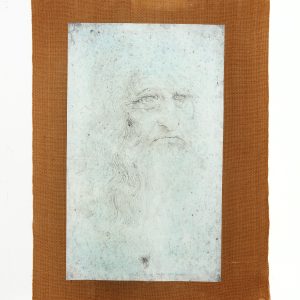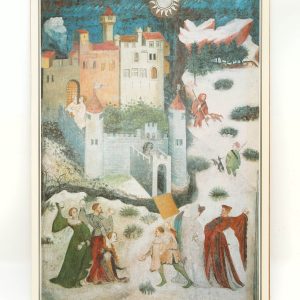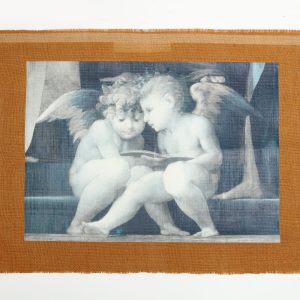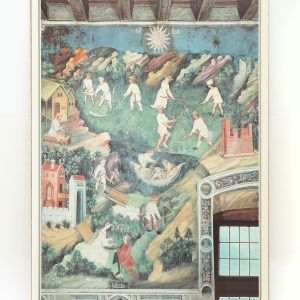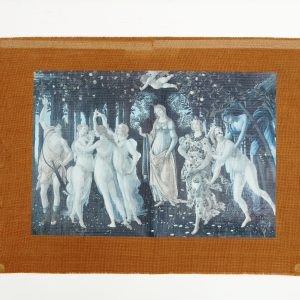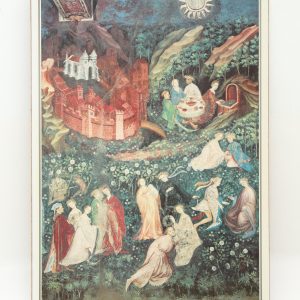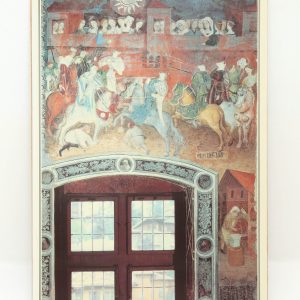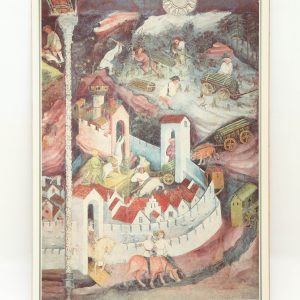Paintings
Painting is a visual art form that expresses thoughts, emotions, and observations using mediums such as paint, ink, or other materials to create images on various substrates.
Paintings
Painting is a visual art form that expresses thoughts, emotions, and observations using mediums such as paint, ink, or other materials to create images on various substrates.
It encompasses a wide range of styles and techniques that span from ancient times to the present. Here are some key points about painting:
1. Mediums and Tools:
-Paints: Oil, watercolor, and acrylic paints each provide different effects and textures.
-Tools: Brushes, palette knives, and sponges can produce varied strokes and textures.
-Supports: Canvas, paper, and wood boards influence the final outcome of the artwork.
2. Styles and Movements:
-Realism: Aims to accurately depict the real world, exemplified by 19th-century realist art.
-Impressionism: Focuses on light and fleeting moments, as seen in Monet’s work.
-Abstract Art: Moves away from direct representation, using shapes, colors, and lines to convey emotions or ideas.
-Cubism: Breaks traditional perspective by reconstructing visual space with geometric shapes, as seen in Picasso’s pieces.
3. History and Development:
-Ancient Art: Rich patterns and styles can be found in the murals and pottery of ancient Egypt, Greece, and Rome.
-Renaissance: Artists like Da Vinci and Michelangelo emphasized anatomy and perspective in their work.
-Modern Art: The late 19th to 20th centuries saw innovations such as Impressionism, Expressionism, and Abstract art.
4. Techniques and Skills:
-Drawing: Utilizing pencils or charcoal to create lines and shadows that capture detail and structure.
-Color Theory: Understanding color combinations and contrasts to create harmonious or striking effects.
-Blending Techniques: Using various blending and layering methods to achieve depth and texture.
5. Contemporary Applications:
-Digital Painting: Expands the realm of painting through digital tools and software.
-Street Art: Graffiti and public art bring artistic expression into public spaces, often carrying strong social and cultural commentary.
It encompasses a wide range of styles and techniques that span from ancient times to the present. Here are some key points about painting:
1. Mediums and Tools:
-Paints: Oil, watercolor, and acrylic paints each provide different effects and textures.
-Tools: Brushes, palette knives, and sponges can produce varied strokes and textures.
-Supports: Canvas, paper, and wood boards influence the final outcome of the artwork.
2. Styles and Movements:
-Realism: Aims to accurately depict the real world, exemplified by 19th-century realist art.
-Impressionism: Focuses on light and fleeting moments, as seen in Monet’s work.
-Abstract Art: Moves away from direct representation, using shapes, colors, and lines to convey emotions or ideas.
-Cubism: Breaks traditional perspective by reconstructing visual space with geometric shapes, as seen in Picasso’s pieces.
3. History and Development:
-Ancient Art: Rich patterns and styles can be found in the murals and pottery of ancient Egypt, Greece, and Rome.
-Renaissance: Artists like Da Vinci and Michelangelo emphasized anatomy and perspective in their work.
-Modern Art: The late 19th to 20th centuries saw innovations such as Impressionism, Expressionism, and Abstract art.
4. Techniques and Skills:
-Drawing: Utilizing pencils or charcoal to create lines and shadows that capture detail and structure.
-Color Theory: Understanding color combinations and contrasts to create harmonious or striking effects.
-Blending Techniques: Using various blending and layering methods to achieve depth and texture.
5. Contemporary Applications:
-Digital Painting: Expands the realm of painting through digital tools and software.
-Street Art: Graffiti and public art bring artistic expression into public spaces, often carrying strong social and cultural commentary.
Overall, painting is not just a technical endeavor;
it is a means of personal and cultural expression,
reflecting human emotion, observation, and creativity.
-
繪畫(PT)
望遠鏡中的童年夢
-
繪畫(PT)
勒瓦瑟的亞洲地圖:地理與寓言的交融
-
繪畫(PT)
胡安‧米羅的超現實語言
-
繪畫(PT)
達文西自畫像的詩意流轉
-
繪畫(PT)
冬宴記事: 一月雪境樂章
-
繪畫(PT)
織夢天使:羅索 ‧ 菲奧倫蒂諾的時光詩篇
-
繪畫(PT)
仲夏綠野 ‧ 七月詩意
-
繪畫(PT)
春之頌歌
-
繪畫(PT)
五月的盛景:貴族的春日華宴
-
繪畫(PT)
榮耀與鐵火:中世紀的英雄與勞動
-
繪畫(PT)
冬日之歌:社會與勞動的交響
-
繪畫(PT)
四月的覺醒:春天與和諧的慶典

